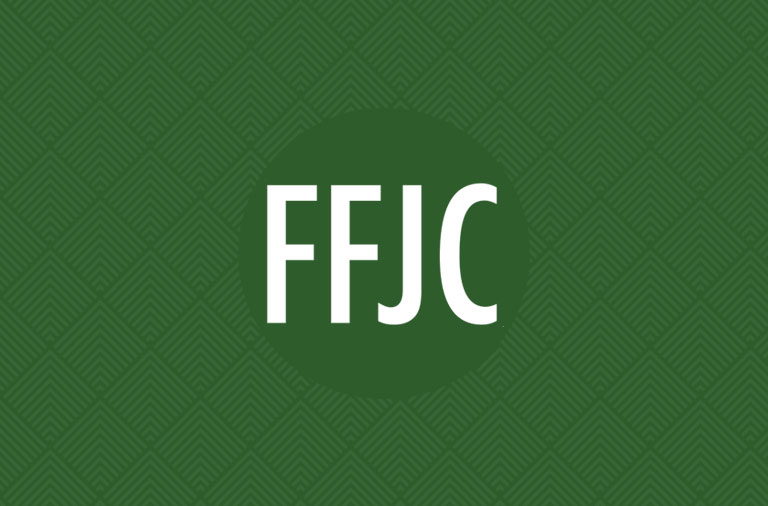FLORIDA—APRIL 10, 2019—Yesterday, the Florida House Judiciary Committee held a hearing regarding PCB JDC 19-02, which would, in part, mandate Driver License Reinstatement Days to reinstate suspended or revoked driver’s licenses and allow clerks to reduce or waive fees and costs to facilitate reinstatement.
This provision does not solve the underlying problem in Florida of over-imposing fines and fees without taking individualized circumstances into account or ability to pay, and it does not change the unsustainable practice of using driver’s license suspension to compel payments.
We know that driver’s license reinstatement efforts are an ineffective, short-term solution to the deeper problem of license suspension for unpaid fines and fees. In December 2018, Broward County held a Driver’s License Restoration Clinic. 300 people participated in the clinic, and of those 300 people, just 120 successfully restored their driver’s licenses. By contrast, over 50,000 Broward County driver’s licenses were suspended for failure to pay in 2017 alone.
“PCB JDC 19-02 will have minimal impact and may distract Florida from more meaningful reform,” said Ashley Thomas, Florida State Director for the Fines and Fees Justice Center. “We urge the Florida legislature to end the cruel and counter-productive policy of suspending driver’s licenses for failure to pay fines and fees.”
The Fines and Fees Justice Center sent the following statement to members of the Florida House Judiciary Committee:
“The Fines and Fees Justice Center strongly opposes the provisions of PCB JDC 19-02 — mandating so-called Driver License Reinstatement Days – proposed FL Statute §322.75. Driver License Reinstatement Days will not solve Florida’s driver’s license suspension crisis. They offer only false hope to the 1.1 million Floridians whose driver’s licenses are suspended simply because they cannot pay the excessive fines and fees imposed in the Florida justice system.
Florida must stop suspending the licenses of people who cannot pay their court debt. PCB JDC 19-02 does not solve the underlying problem in Florida of imposing steep fines and fees without taking individualized circumstances into account, including an individual’s ability to pay, and it does not change the counterproductive, ineffective and harmful practice of using license suspension to compel payment of court costs. Until those issues are resolved, Florida will continue to criminalize poverty and cause unnecessary economic harm.
Though PCB JDC 19-02 gives clerks the authority to waive fees and other costs to facilitate driver license reinstatement, there are no requirements – and no incentives – to do so. Because clerks rely on revenue from fines and fees, they are understandably reluctant to reduce them. And. a person would still be required to pay the full license reinstatement fee. While a few individuals may be able to have their license reinstated, the vast majority of Floridians with suspended licenses will have no way forward – simply because they are poor. This legislation will do little for those who need it the most.
Last week, the Virginia General Assembly, led by Republicans, voted resoundingly to end the state’s practice of suspending people’s driver’s licenses for unpaid court fines and fees. Virginia Governor Ralph Northam publicly supported the Virginia reform, stating: “The practice of suspending a person’s driver’s license for nonpayment of court fines and costs is inequitable, it’s past time we end it. A driver’s license is critical to daily life, including a person’s ability to maintain a job.”
The American Legislative Exchange Council, or ALEC, has adopted a resolution urging state policymakers to end driver’s license suspensions imposed for non-payment and instead limit license suspension on conduct that involves dangerous driving. Marc Levin of Right on Crime has stated license suspension for unpaid court debt is not only counterproductive, but also undermines community safety, diverts resources, and leads to more incarceration.
It is time for Florida to end this failed policy and stop suspending driver licenses for non-payment of court costs, fines, and fees. The legislation before the committee distracts from true reform. Florida policymakers can and must do better. 1.1 million Floridan’s need to – and should be – free to drive.”
###
About the Fines and Fees Justice Center
The Fines & Fees Justice Center seeks to catalyze a movement to eliminate the fines and fees that distort justice. As a national center for advocacy, information, and collaboration, FFJC’s goal is to eliminate fees in the justice system and to ensure that fines are equitably imposed and enforced.
FFJC’s state-based advocacy is piloting replicable reform strategies to bring about comprehensive change. Starting in New York and Florida, FFJC is working with community partners and justice system stakeholders to pursue court, legislative, and policy changes. In addition, FFJC advises other jurisdictions, individuals, and organizations interested in pursuing reform, directing them to resources, partners and practices that can strengthen their work.
